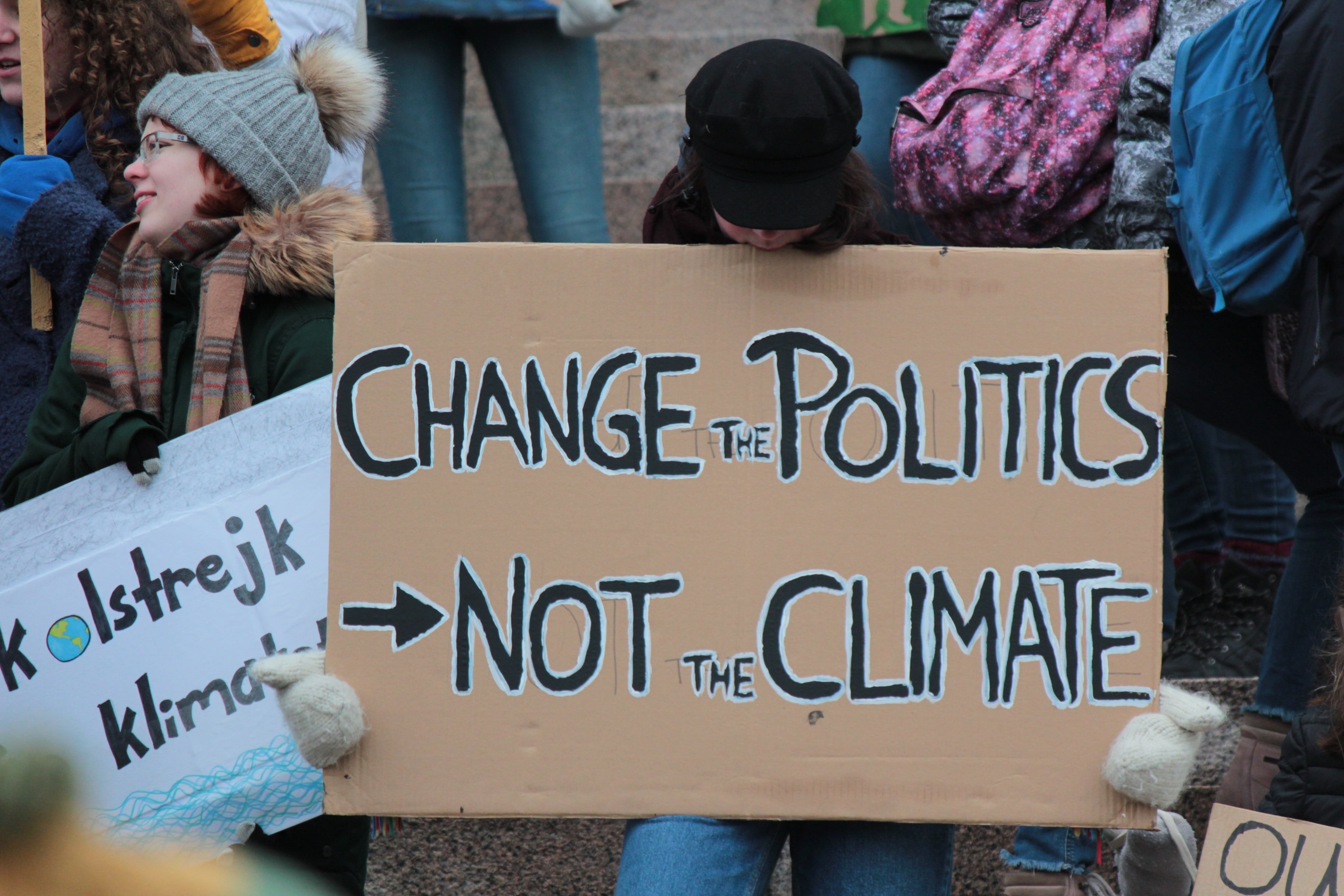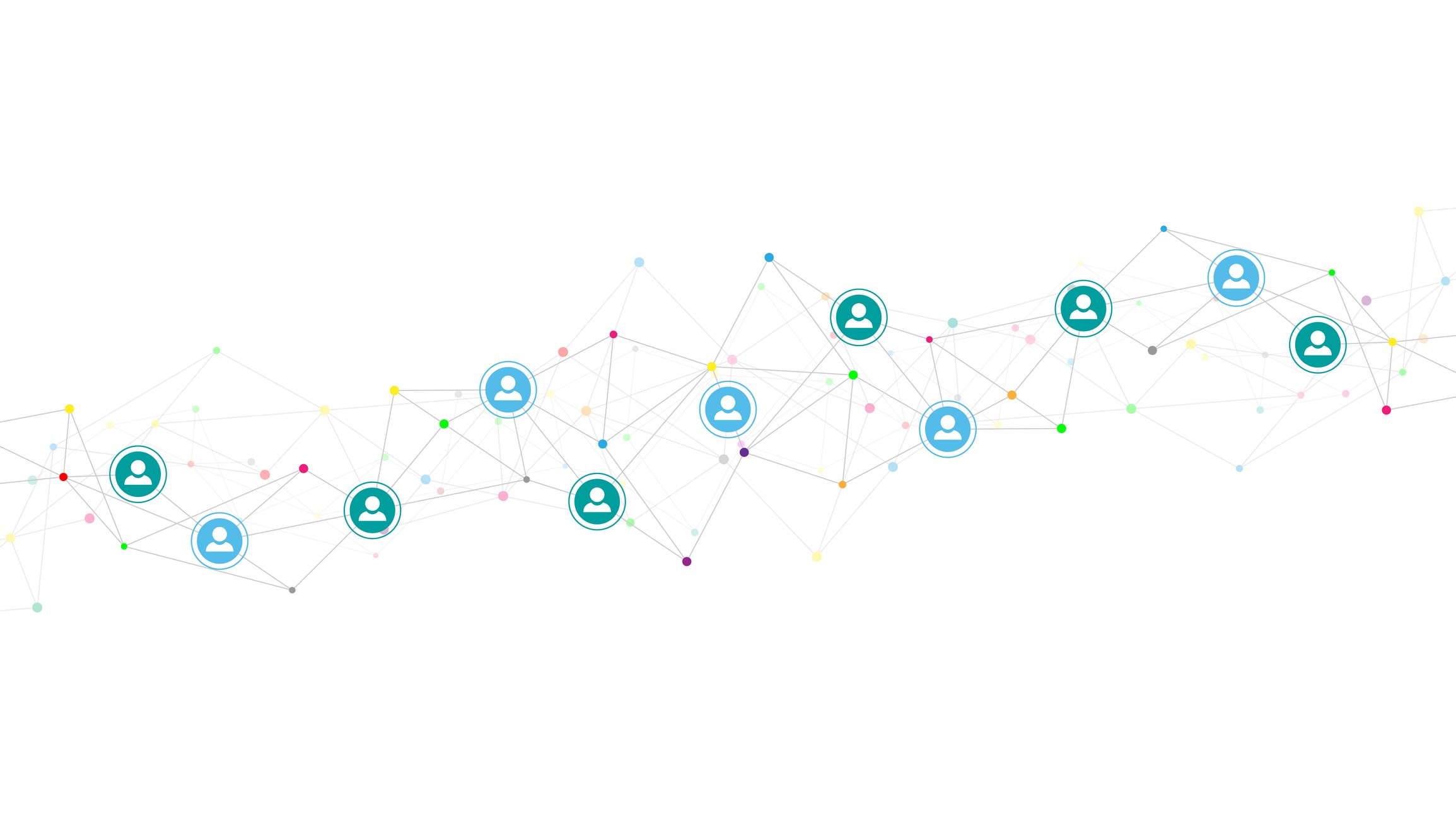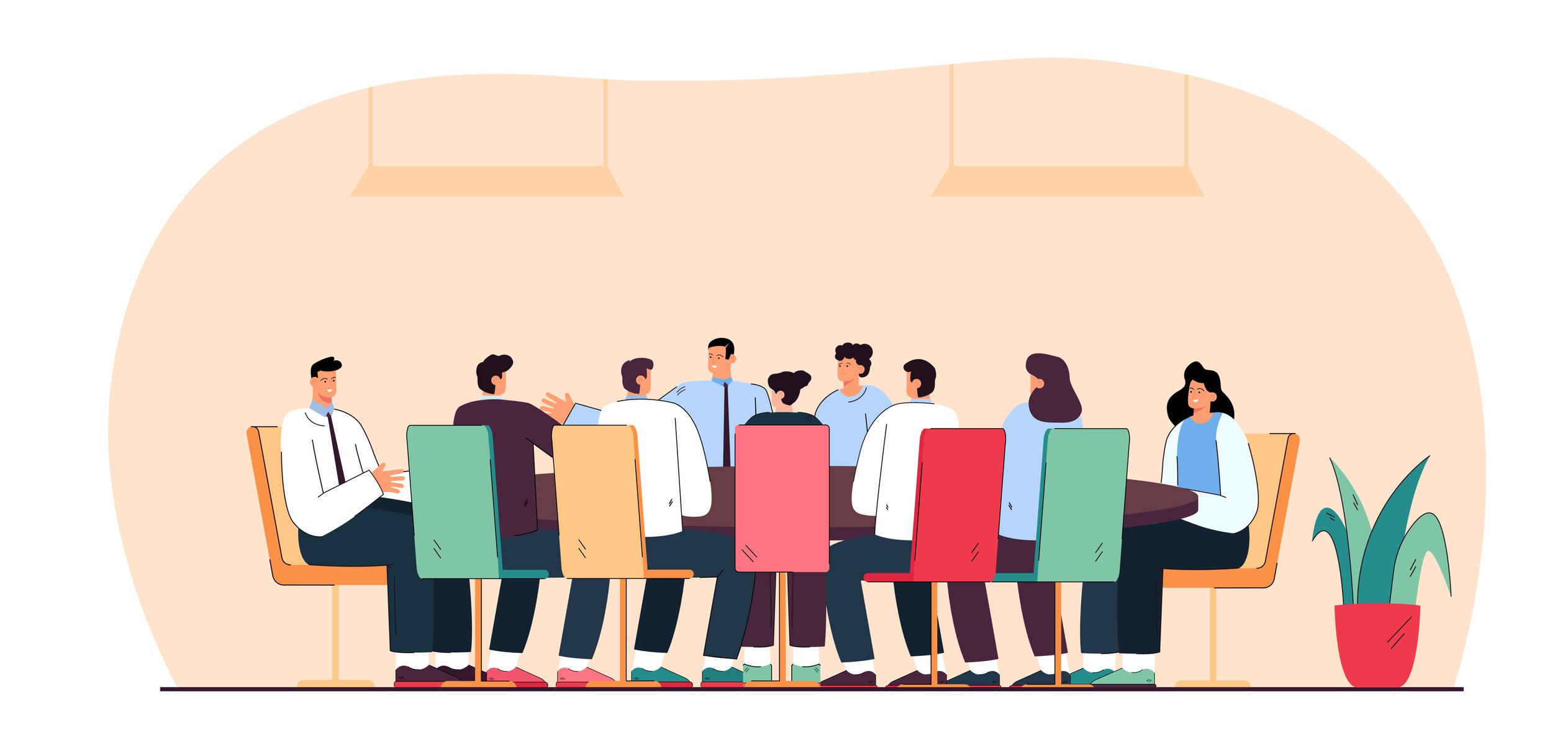Content type
Sectors
Social Challenges
AI
Aging
Art and culture
City
Civic Participation
Diversity, Equity and Inclusion
Economic development
Education
Environment
Food
Handicap
Health
Housing
Human rights
Poverty
Sustainability
Solutions
Accountability & Transparency
Collaboration and Partnerships
Governance
Impact investing
Leadership
Monitoring and evaluation
Organizational training
Philanthropy and funding
Promotion of causes
Scaling and systemic change
Social Innovation
Succession planning
Technology and data
Think Impact and Act
Volunteering










